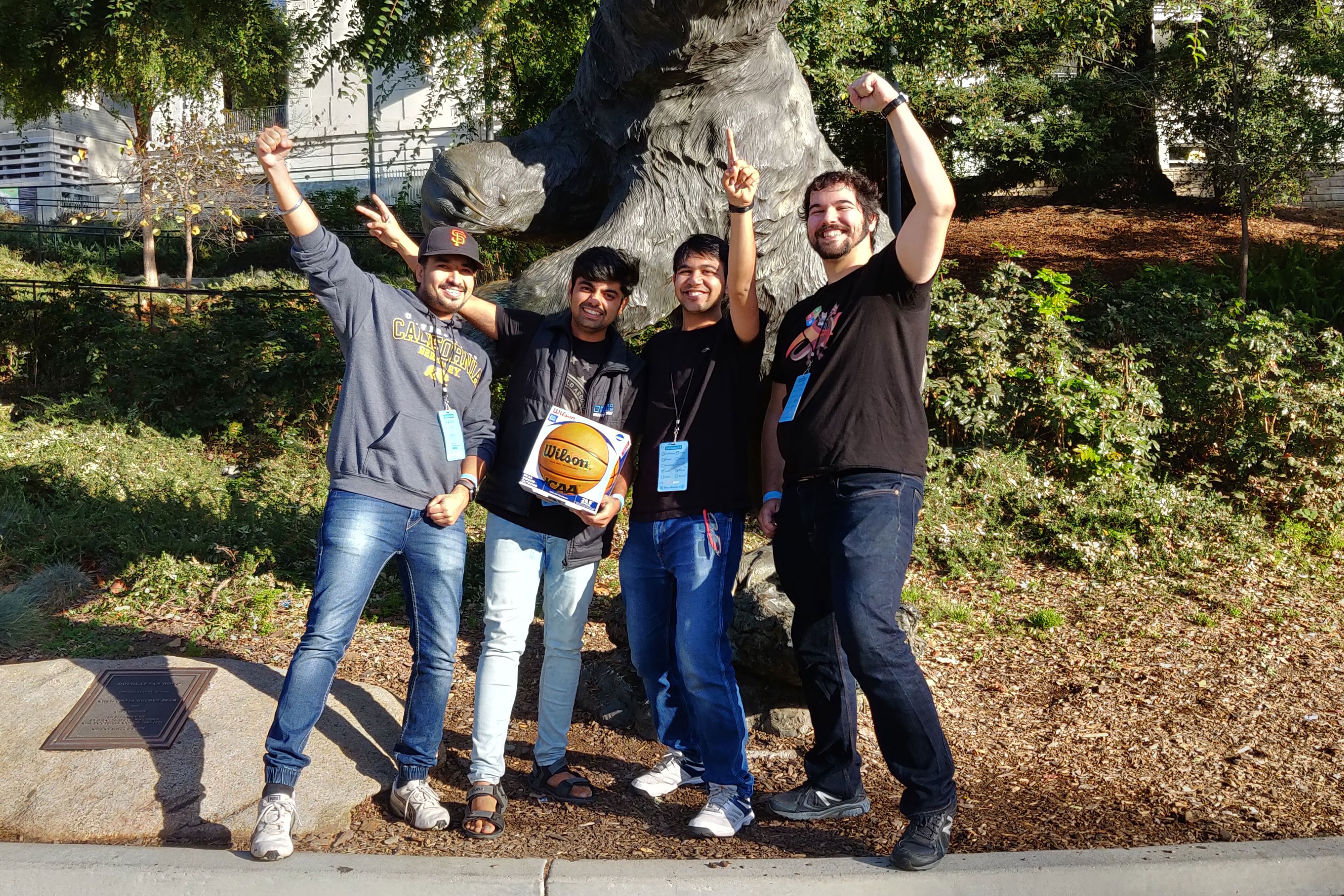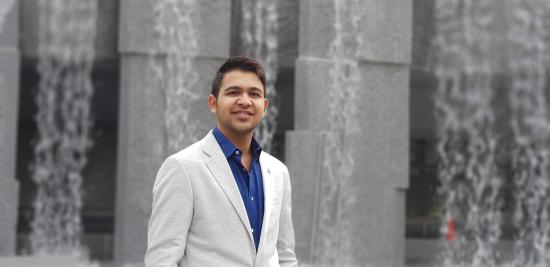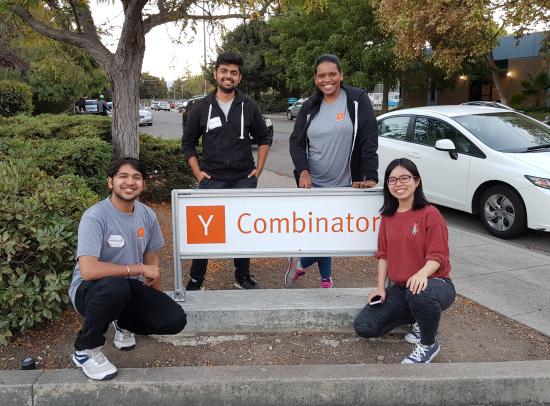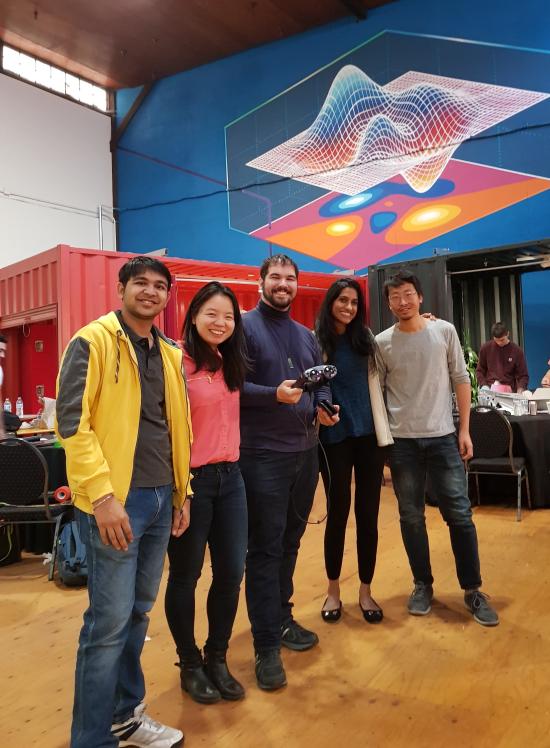Cybersecurity Fellowship Recipient Aims to Improve Security for Private Data & Autonomous Vehicles
School of Information student Ankit Bansal is the recipient of the Spring 2019 Curtis B. Smith Cybersecurity Fellowship, which supports high achieving students at the I School with research interests in the field of cybersecurity.
Bansal received his Bachelor’s of Engineering in Computer Science at the Birla Institute of Technology and Science in Pilani, India. Following graduation, he gained industry experience in India and is now a student of the Master of Information Management and Systems (MIMS) program at the I School, expecting to graduate in May 2020.
Bansal’s research is currently centered around cybersecurity for IoT (Internet of Things) devices. At the I School, Bansal is focused on two main cybersecurity projects. The first is addressing security issues in devices that senior citizens use. “With these devices generating and transmitting highly sensitive data,” he says, “it is essential that the security aspects are well looked after.”

The other parallel project uses blockchain technology to establish accountability for self-driving cars and identify possible cyber attacks by analyzing crash pattern data. Bansal’s goal is to combine cybersecurity and blockchain for autonomous vehicles in order to provide greater transparency and trust. Along with his teammates, he developed and demonstrated the technology at world’s largest college hackathon, CalHacks, where the team was awarded first place in the blockchain category.
Bansal has diverse experience in the field of cybersecurity, from research and development to penetration testing. While at IBM in India, he delved into web application security, finding and exposing security flaws in client web interfaces. Following IBM, Bansal was able to gain experience in developing security modules for commercial devices as a software engineer on the IoT security team at Samsung Research Institute in Bangalore, India. In 2016 he worked as a research intern at the National University of Singapore, where his work was published at CHI 2017, the premier conference in the field of Human-Computer Interaction.
“Being a student at the I School has given me the opportunity to explore my interests and enhance my knowledge across multiple domains, and I am truly grateful to be a part of this community.”
The fellowship committee, which included Lisa Ho, academic director for the Master of Information and Cybersecurity (MICS) program, information and law professor Chris Hoofnagle, information and political science professor Steve Weber, faculty director for the Center for Long-Term Cybersecurity (CLTC), and Ann Cleaveland, executive director for CLTC, shared that they are proud to have Ankit Bansal as a member of our community. “We think Ankit Bansal has not only demonstrated a clear commitment to promoting cybersecurity,” the committee wrote, “he has also shined and has earned positive attention for Berkeley in his engagements with Y-Combinator and Magic Leap.”
By combining his experience in cybersecurity and user interface coursework at the School of Information, Bansal hopes to understand user behavior and explore how to create products in such a way that security is not comprised in the interest of usability, and vice versa. “Being a student at the I School has given me the opportunity to explore my interests and enhance my knowledge across multiple domains,” Bansal said, “and I am truly grateful to be a part of this community.”
For Bansal, it is important to distinguish himself in various domains by going beyond the boundaries of the tasks he undertakes. The Smith Fellowship will allow him to continue pushing those boundaries and facilitate his research interests.
“I am deeply interested in cybersecurity, and hope to make contributions to the field that can protect us all,” he says. “I believe that this fellowship can help me further myself in this endeavor.”
Curtis B. Smith (MLS ’73) became interested in the I School’s efforts in cybersecurity after the School’s launch of the Center for Long-Term Cybersecurity (CLTC) in 2015. Curtis is a graduate of the School of Librarianship, the forerunner of today’s School of Information. “Now that the internet is so ubiquitous, it’s even more imperative that a fail-safe system of cybersecurity be developed,” said Curtis. Because of this, Curtis made a significant contribution to establish the fellowship fund. “It was a way to give something back to the school where I learned so much,” he shared, “and which enabled me to pursue a career in the profession of librarianship.”











